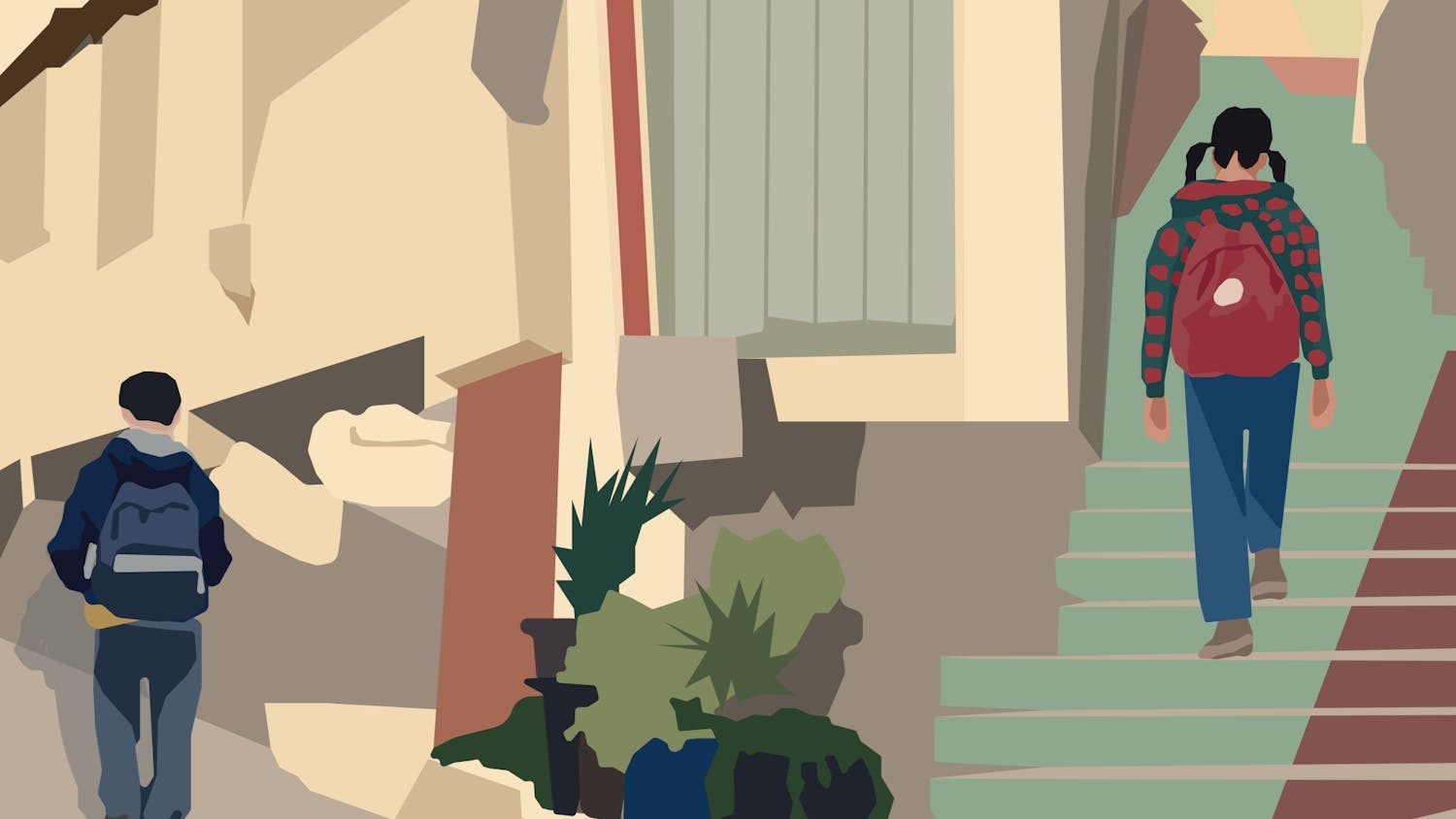Disney took a break from its recent tirade of snowmen and inflatable robots to bring us something more familiar: animated, anthropomorphic animals.
“Zootopia” debuted last weekend to record numbers, taking in a whopping $73.7 million. Although the film balances humor and a good message, its success in the box office is more likely attributed to positive word of mouth than an extraordinary narrative.
In a world where predator and prey coexist in apparent peace, an eager bunny by the name of Judy Hopps, voiced by Ginnifer Goodwin, has always dreamt of proving herself as a police officer, a profession usually undertaken by larger species.
She ends up biting off more than her rabbit teeth can chew when she moves to the opportunistic city of Zootopia, only to be met with workplace discrimination and a lousy job of distributing parking tickets.
When predators start going missing, Judy slips her way into the case with a grueling 48-hour time limit. In doing so, she takes on an unlikely partner, a devious and conniving fox named Nick Wilde, voiced by Jason Bateman, and together, they discover that the predator-prey relationship may not be as harmonious as expected.
By addressing the harm in stereotypes and prejudices, “Zootopia” strikes hard with a fittingly topical lesson for 2016.
There are some poignant scenes that stick out, like a mother bunny scooting her child away from a predator on a bus seat and Judy reaching for her fox repellent at the slightest hint of trouble from Nick.
However, the message gets muddled the more it runs on. The predators, who hold the most power and start as the most bigoted, become the ones targeted by discrimination, showcasing that anyone can be hurt by prejudice.
As well-intentioned and true as this may be, it comes across as the cartoon city’s own unnecessary “All Animals Matter” movement instead of the more significant “Prey Animals Matter.”
Not to mention, the film covers the negatives of tokenism, but in real life, Idris Elba is the only person of color in its sea of white directors, writers and voice actors. The overall theme of denying stereotypes is still solid and important, but Disney’s valiant efforts could have gone a bit further.
While the story itself is original, its conventions are trite. It has so many overused tropes that it’s predictable, and it shoves each conflict in your face, making no use of subtlety.
There’s even a long “Godfather” parody, as if that hasn’t been done before. What isn’t predictable, though, is the movie’s sense of humor. The jokes and gags are more amusing and tongue-in-cheek than cheesy, which is always refreshing in an animated feature.
The sarcasm and wit, as well as its occasional pop culture references, actually make up for the lack of unique plot and character development.
Much of the movie is fun and cute, but it doesn’t feel like a Disney classic. For a story about animals, there’s a surprising absence of fluffiness — not on the artfully-animated characters, but within the narrative.
There’s no strong emotional focus, and there’s not enough depth to be heart-wrenching. This perhaps hurts the movie the most.
“Zootopia” is certainly a humorous and progressive ride, but with some of its flaws, it’s hard to fathom the recent hype and the reason audiences are hopping to it.





